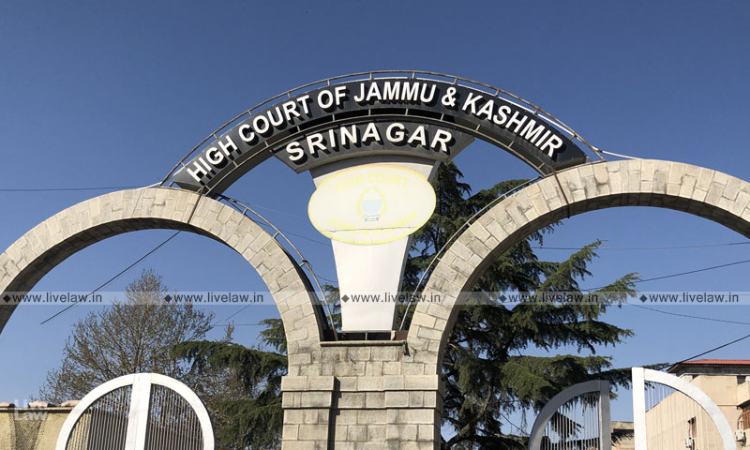JJ Act | Enquiry U/S 15 By Juvenile Justice Board Not Mandatory Before Consideration & Grant Of Bail U/S 12: J&K&L High Court
Basit Amin Makhdoomi
25 July 2022 6:26 PM IST

Next Story
25 July 2022 6:26 PM IST
The Jammu and Kashmir and Ladakh High Court recently held that there is no requirement of prior consideration of the social investigation report by JJ Board while considering a bail plea under section 12 of the Juvenile Justice Care and Protection Act, as that was never intended by the legislature. A bench comprising Justice MA Chaudhary observed: "The primary assessment of a child...
